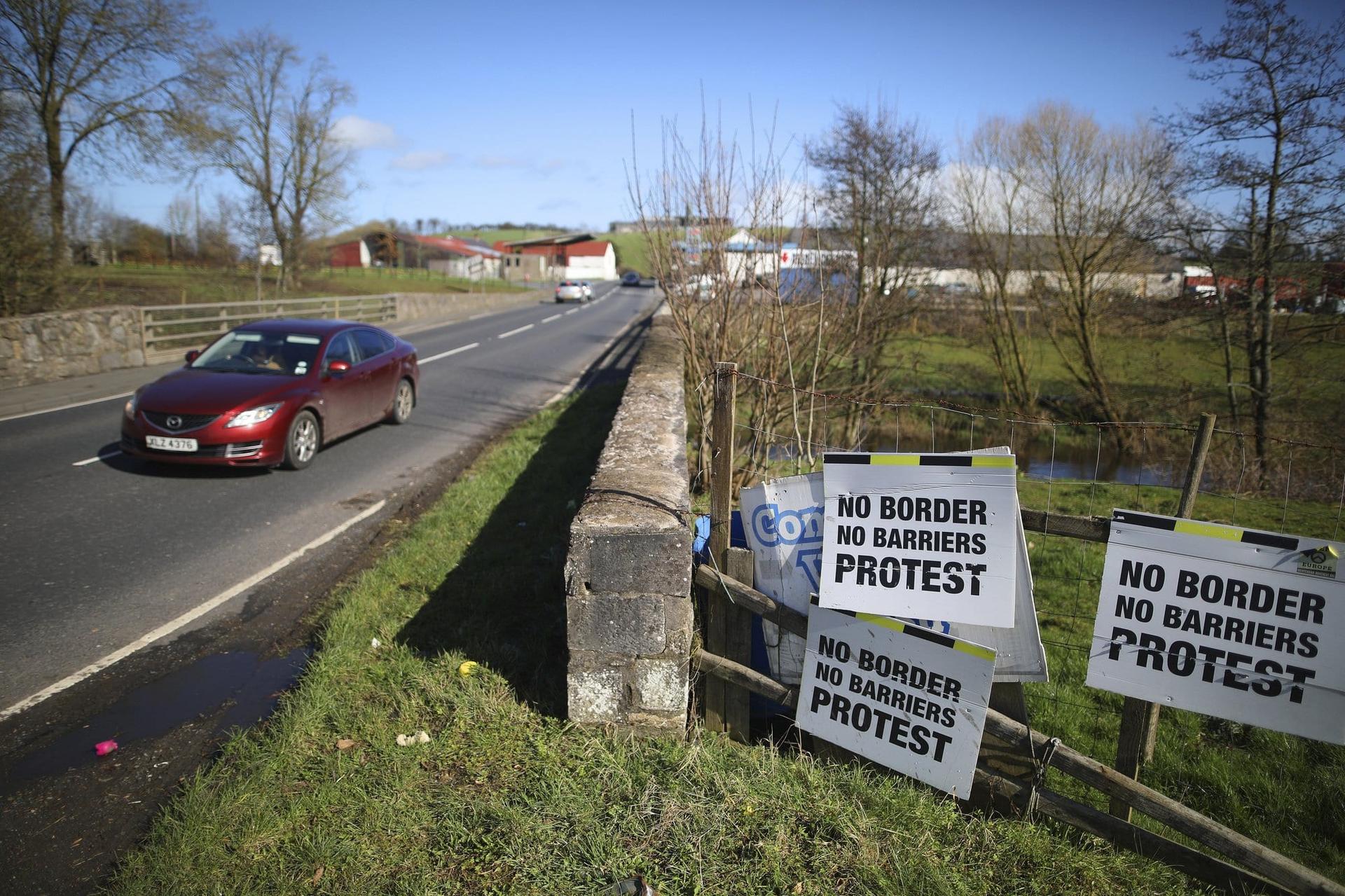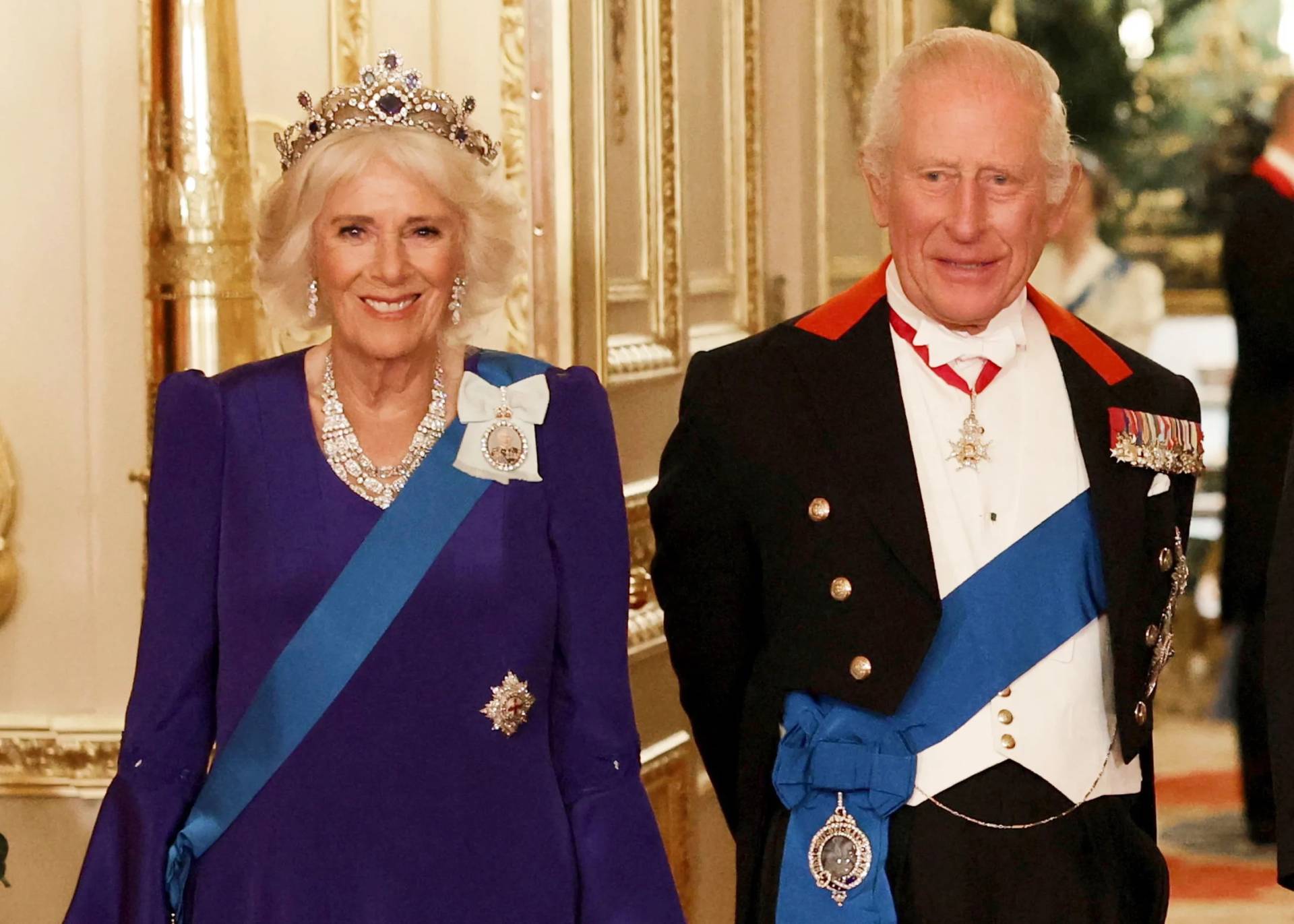LEICESTER, United Kingdom – Ireland’s bishops have warned that this week’s European elections have “rarely been more important,” due to the “potentially profound and far-reaching implications” of the United Kingdom leaving the European Union.
Ireland’s bishops’ conference covers the entire island, which includes the Republic of Ireland in the south and Northern Ireland, a part of the United Kingdom, in the north. Due to a delay in Brexit – now expected to take place in October – the United Kingdom will be holding elections May 23-24 for the European Parliament this year.
“For many of us the European Union may seem a distant horizon. However, as people who enjoy EU citizenship, we have a responsibility to vote and to develop a knowledge and awareness of the roles and functions of each of the European institutions, including the EU Parliament, so that we understand fully the implications of our vote,” the bishops said in a May 20 statement.
The European Parliament is the only directly elected EU-wide institution, but it is much weaker than national legislatures, and can only amend and reject specific legislation, which is the prerogative of the European Commission, which is under the control of the national governments.
Due to the ongoing crisis of the Brexit negotiations, it is expected the major UK parties will do poorly in the vote, with single-issue pro- and anti-Brexit parties winning many of the seats.
“Voting is the right and privilege of every responsible citizen. It is also the practical and concrete contribution that every voter can make to advance the fundamental politics of the common good,” the Irish bishops’ statement reads.
“What is decided by MEPs in the European Parliament affects us all here on the island of Ireland. Similarly, our vote and our elected representatives in Europe can influence debates and decisions taken at EU level, which often have the potential to contribute to development and peace in the wider world,” the statement continues.
In the past, the Irish bishops have expressed concern about the effect Brexit will have on the 1998 Good Friday Agreement, which ended the conflict known as “The Troubles” in Northern Ireland.
The peace deal was to a large degree underpinned by the UK and Ireland’s mutual EU membership, which provided a common European citizenship and customs union. One of the key components of the Good Friday agreement was an open border between north and south.
The EU and Irish government want to keep Northern Ireland alone in the customs union, effectively moving the EU border to the Irish Sea.
The Northern Ireland unionist DUP party – which props up the UK’s ruling Conservative Party – has objected to this proposal because the party claims it would weaken the union between Northern Ireland and Great Britain.
In their statement, the bishops asked voters to remember the “historic and significant achievements” of the European project.
“Let us recognize the good it has delivered in promoting solidarity between European peoples and nations. Let us recognize its contribution to developing our economies and regions. Let us also acknowledge its greatest achievement, that of maintaining peace in Europe,” the bishops said.
Their statement acknowledged the EU faces “profound challenges,” but also said this “does not mean that we should disengage from it.”
“At this crucial juncture in the history of Europe, we need a European Parliament that will protect and uphold the values on which the EU is built,” the bishops said, noting that the institution is “rooted in Christian principles of social justice, including the common good, solidarity and subsidiarity.”
Follow Charles Collins on Twitter: @CharlesinRome
Crux is dedicated to smart, wired and independent reporting on the Vatican and worldwide Catholic Church. That kind of reporting doesn’t come cheap, and we need your support. You can help Crux by giving a small amount monthly, or with a onetime gift. Please remember, Crux is a for-profit organization, so contributions are not tax-deductible.















